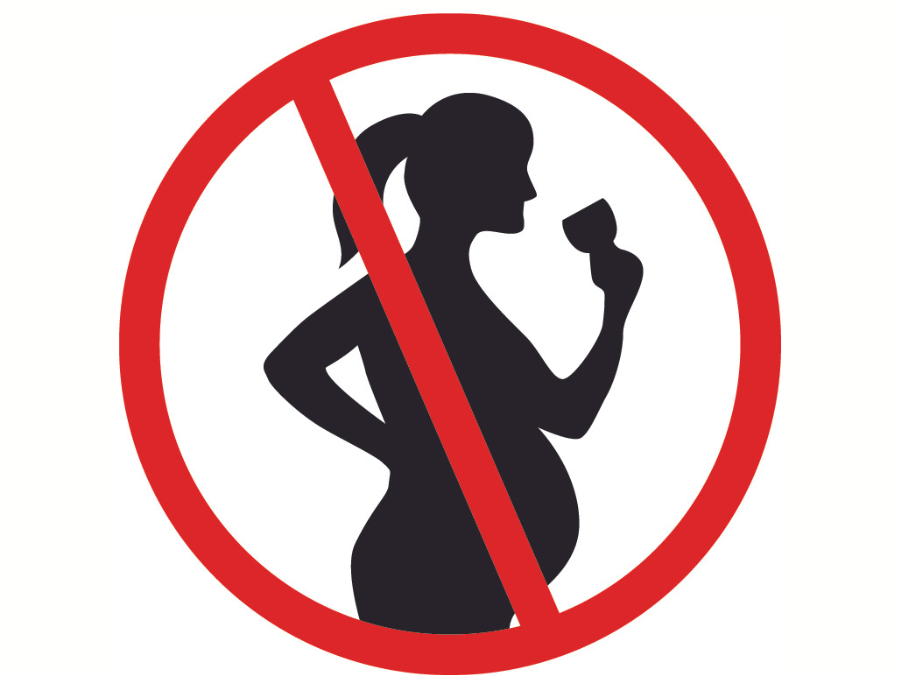
Only a third of RTD products sold in Australia met rules on labels warning of prenatal alcohol exposure two years after the law was introduced, a study has found.
In 2020, Australia introduced mandatory warning labels that advise the public on the risk of consuming alcohol when pregnant. The industry had three years to introduce the labels.
A study by The George Institute, published in the APSAD Drug and Alcohol Review, examined the use of the labels on RTD products. In a sample of 491 products sold in Australia between March to May last year, it found only 36% displayed the label.
Additionally, the study discovered that while 94% did have some form of pregnancy warning in place, these were not in line with the mandated labelling requirements. Of the non-mandatory warnings, 74% were the historic DrinkWise labelling.
According to the study, 90% of hard selters did not carry the new warning. The use of the mandatory warning label was highest among Tequila RTDs at 50%.
“Effective warning labels are a simple tool that can raise awareness and act as a reminder of the potential harms to the fetus and the mother associated with pre-natal alcohol exposure. It is therefore critical that the alcohol industry intensifies its efforts to ensure compliance with the mandatory requirement,” The George Institute report said.

US Tariffs are shifting - will you react or anticipate?
Don’t let policy changes catch you off guard. Stay proactive with real-time data and expert analysis.
By GlobalDataIn May, Ireland passed legislation to require that alcoholic drinks products feature comprehensive health warnings. Due to take effect in 2026, label requirements will include telling consumers about the risks of drinking alcohol as well as providing a product’s calorie content.
It is a move that set Ireland on a collision course with its trading partners both in and outside of the EU. Thirteen EU member states including Italy, France and Spain asked the European Commission to look into whether the labelling requirements would contravene EU law. However, the EU found that Ireland had justified on public health grounds its use of the label.
In January, Canada drastically cut its alcohol consumption guidelines to no more than two alcoholic drinks per week, arguing there is no safe level at which to drink. The country is also seeking to implement health warnings for alcoholic drinks products.



